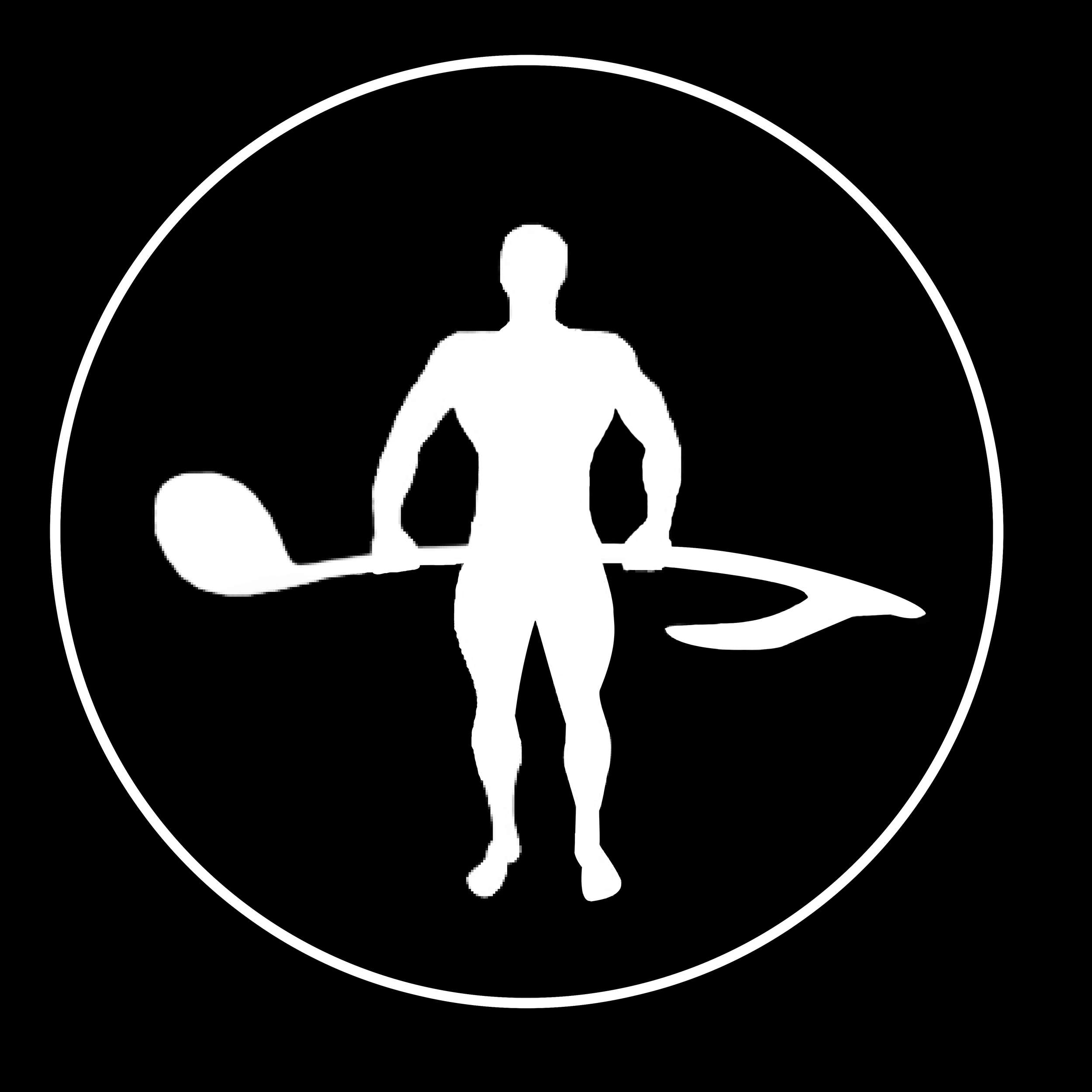John Kavanagh on Learning New Skills
(SOURCE: Tom Hogan/INPHO) John Kavanagh coaches Conor McGregor between rounds at UFC 202 in his rematch with Nate Diaz.
My friends already know I’m a big fan of mixed martial arts competitions, but they may not understand why. One of the things I admire most about fighters is not only the focus required during the fight, but the discipline and commitment to constant improvement. As I was watching an interview with John Kavanagh (Conor McGregor’s coach) done right after UFC 205, he said something that stuck out to me at around 1:39:10 of the video below:
“You can’t learn a new skill in four weeks. New skills take four months -- or a year.”
The context of this quote was Conor’s fight at UFC 205 against Eddie Alvarez. What Kavanagh is specifically referring to is Alvarez stating he had recognized a pattern in McGregor’s boxing was adjusting his own boxing accordingly with only a month to prepare. For those of you who didn’t watch the fight, it didn’t pan out very well for Alvarez. Alvarez comes from a wrestling background; he tried boxing with McGregor (who comes from a boxing background), and got knocked out in the second round.
Compare Alvarez’ attempt at learning a new skill to McGregor’s in Conor’s two fights against Nate Diaz. On March 5, 2016, in his first fight with Diaz, McGregor came out punching and was out-boxed. After getting rocked with a stiff 1-2 in the second round, McGregor went for a takedown and was choked out. About four and a half months later on August 20, there was a rematch, and McGregor managed to grind out a decision. In order to win the second fight, he adopted Muay Thai style leg kicks into his strategy, a new skill that he hadn’t used in his previous fights. If you watch the rematch, you can see Conor's leg kicks are effective, but the technique is far from what is seen by other Muay Thai specialists like Jose Aldo or Donald Cerrone. A few kicks land with the foot (they are supposed to land with the shin), and McGregor walked out of the octagon on crutches after bruising his ankle. At the end of the fight though, McGregor’s hand was raised, so although the technique on his leg kicks was far from perfect, I’d still count that as a successful job learning a new skill.
My band plus Matt Garrison after a gig at Shapeshifter Lab. This was 4 months out from our record date.
I think keeping this 4 weeks vs. 4 months mentality in preparing for musical events can be useful. I’ve made the mistake in the past of thinking I could add new skills into my playing for specific gigs only to fall on my face because I only had 4 weeks or even less to prepare. In preparation for my album however, I was able to add new skill sets (playing melodically over dissonant chords as well as working out rhythmic ideas over asymmetrical forms) into my playing because I had more than 4 months of consistent practice. Another example of successfully adding a new skill set to my playing was adopting a new harmonic approach back in 2012. In August of 2012, I had my first lesson with Gary Thomas and he gave me the blueprint for his approach to harmony. From that August to February of 2013, I played very few gigs and went to very few jam sessions. It took me those 7 months to be able to improvise with this new harmonic approach, and even then (just like McGregor’s sloppy leg kicks), I was barely executing.
Bass Clarinet has way too many buttons
In an example of successfully preparing for something challenging in less than four months, this past spring I had the opportunity to play bass clarinet in an ensemble led by Gary Thomas. Bass clarinet is an instrument I can play proficiently, but I don’t have the facility on bass clarinet that I have on saxophone. I would’ve loved to walk into that concert playing the harmonic ideas I can execute smoothly on saxophone at triplet or 16th rates, but I knew with limited time to prepare, I wouldn’t be able to do that musically. Instead, I focused on adapting my harmonic approach in ways that suited my bass clarinet playing better. Among other things, I practiced using the range of the instrument and larger intervals in my lines to create tension and release. On saxophone, I tend to gravitate primarily towards using volume and rhythm in creating a solo arc.
For my musician bros, how do you prepare for noteworthy gigs or recording sessions? Any mixed martial artists reading this? How do much time do you give yourself to learn a new skill? Do you agree or disagree with Kavanagh? Let me know by leaving a comment below.
